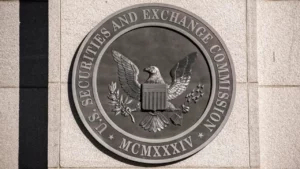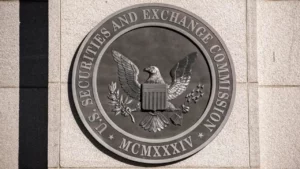
U.S. Takes Lead in Crypto Regulation with GENIUS and CLARITY Acts
The United States has taken a major step forward in the regulation of digital assets with the passage of the GENIUS Act and the CLARITY Act, setting new standards for stablecoin compliance and sector oversight.
The GENIUS Act introduces stringent requirements for stablecoin issuers, emphasizing a two-tier licensing system. Issuers with under $10 billion in market capitalization can opt for a state-level license, while larger entities must secure a federal license overseen by federal banking regulators. This new legislation mandates that all stablecoins be fully backed by high-quality, liquid assets, with monthly reserve disclosures and annual financial filings for bigger issuers. Furthermore, the Act classifies stablecoin issuers as financial institutions under the Bank Secrecy Act, necessitating them to implement anti-money laundering (AML) and Know Your Customer (KYC) programs.
Moreover, the GENIUS Act demands a study and guidance from FinCEN within three years, focusing on innovative methods to detect illicit finance and manage risks associated with decentralized finance protocols.
On the other hand, the CLARITY Act is poised to clarify jurisdictional boundaries between the Securities Exchange Commission (SEC) and the Commodity Futures Trading Commission (CFTC). The CFTC will have exclusive jurisdiction over digital commodities, while the SEC will oversee digital securities. Additionally, this bill proposes a market structure framework that includes mandatory registration for market intermediaries, standards for custody and consumer protections, and guidelines for “sufficient decentralization.”
These legislative measures aim to foster a safer and more transparent digital asset marketplace.
Source: Blockchain.News


